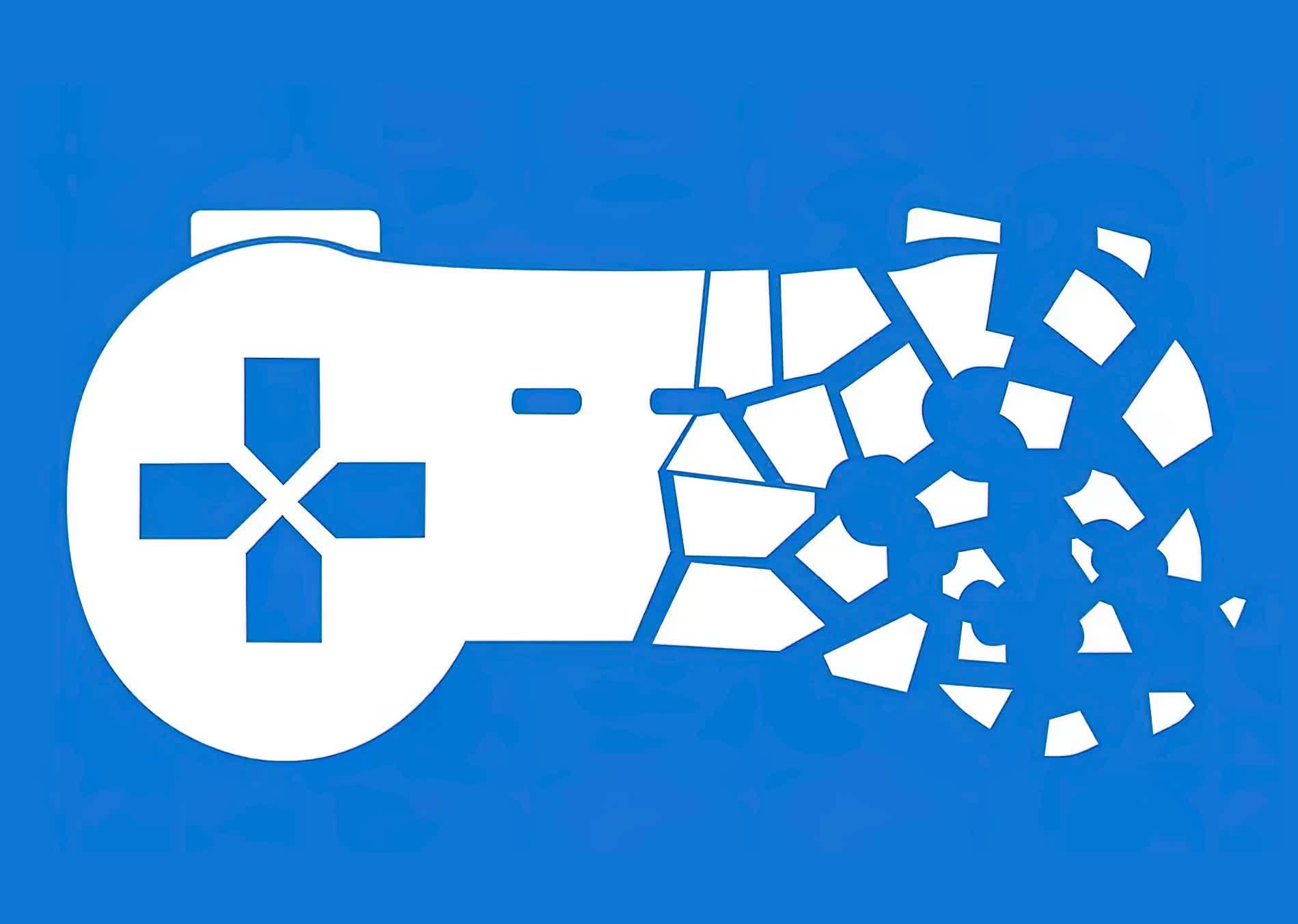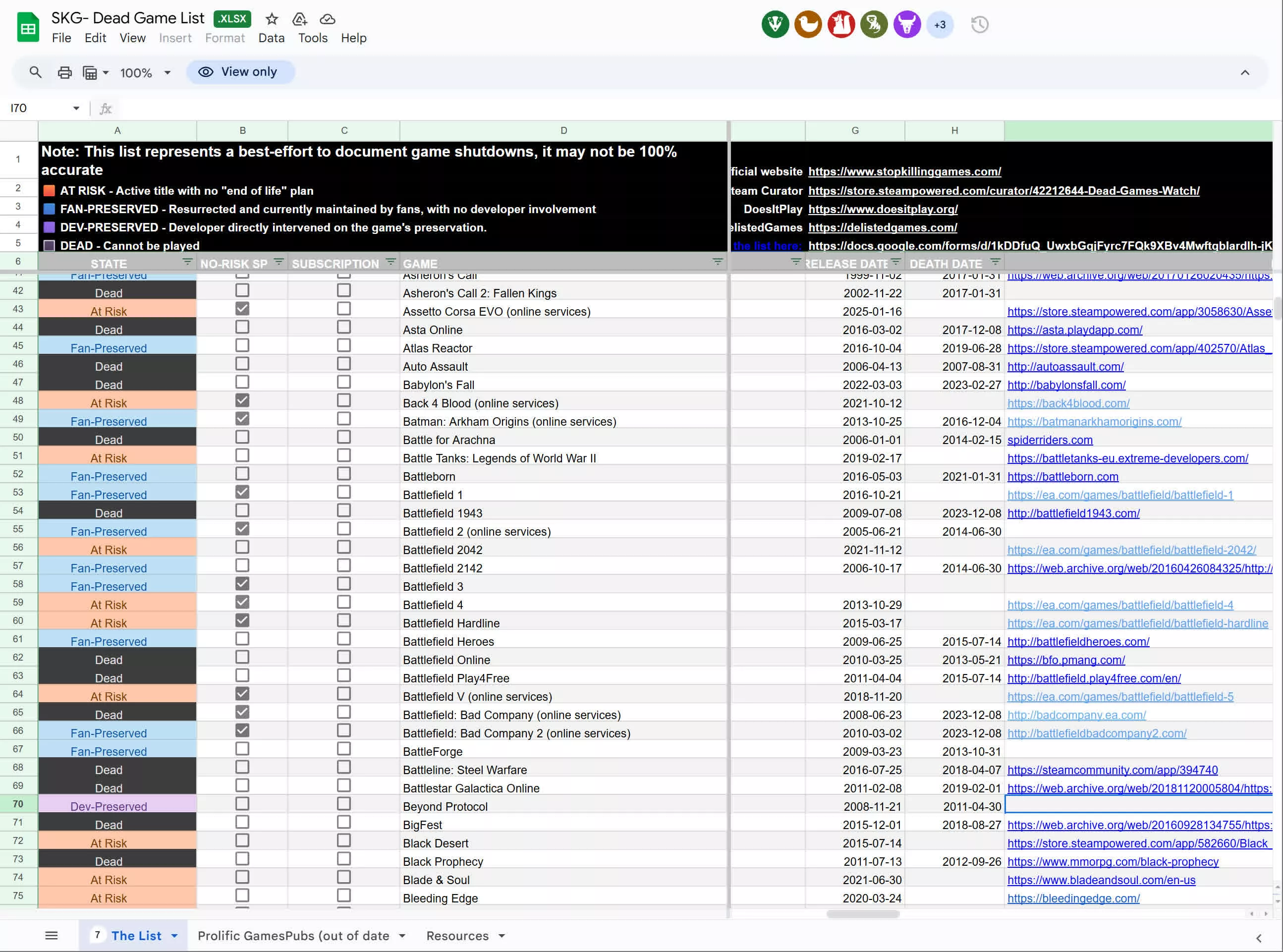Games Matter: Stop Killing Games is pushing back against mandatory online requirements that turn perfectly functional games into self-destructing time bombs. While petitions are ongoing, activists have compiled a list of titles that have already shut down because of publishers' short-sighted greediness.

The Stop Killing Games campaign recently marked its one-year anniversary. In that time, many games with online functionality have been completely removed from the market.
Ross Scott, the YouTuber who originally proposed the SKG movement, has compiled a list of "dead games" to help guide the campaign's future initiatives. According to Scott, 70 percent of games requiring any form of online functionality are now effectively "destroyed."
The SKG Dead Games List is a best-effort attempt to document titles that have been shut down, and while it may not be 100 percent comprehensive, it provides valuable insight. The list includes games that are already offline, those at risk of losing online features, and titles that have been preserved by fan-made patches or proactive developers.
In a recent video, Scott discussed how the SKG team assembled the list and outlined their methodology.
It includes single-player games that were sold with mandatory online or multiplayer components. According to Scott, these should effectively be considered "online games," as customers cannot opt out of the online elements even in single-player modes.
Even if you exclude the "online" games that can still function offline, Scott noted that over 68 percent of the surveyed titles are either dead or in the process of being shut down.
Even if you exclude the "online" games that can still function offline, Scott noted that over 68 percent of the surveyed titles are either dead or in the process of being shut down. Furthermore, publishers often obscure the true extent of online requirements. A game might advertise private server support, but still rely on company-run "official" servers to function – creating a single point of failure.
The SKG movement is now working to launch a proper wiki to document the growing number of abandoned online games. In the meantime, two great resources you can use are PCGamingWiki, which can provide some useful info about online requirements and game preservation, and GOG, where all titles are sold with full offline functionality – ready to endure the coming turbocapitalist apocalypse.
The Stop Killing Games website emphasizes how an increasing number of video games are designed to become completely unplayable once official support ends. This practice of planned obsolescence harms both consumers and the preservation of digital culture. Its legality is questionable in many countries. SKG is now working to gather enough signatures from European citizens to pressure the EU into passing legislation against online obsolescence.
Most online games are now dead, Stop Killing Games proponents say

